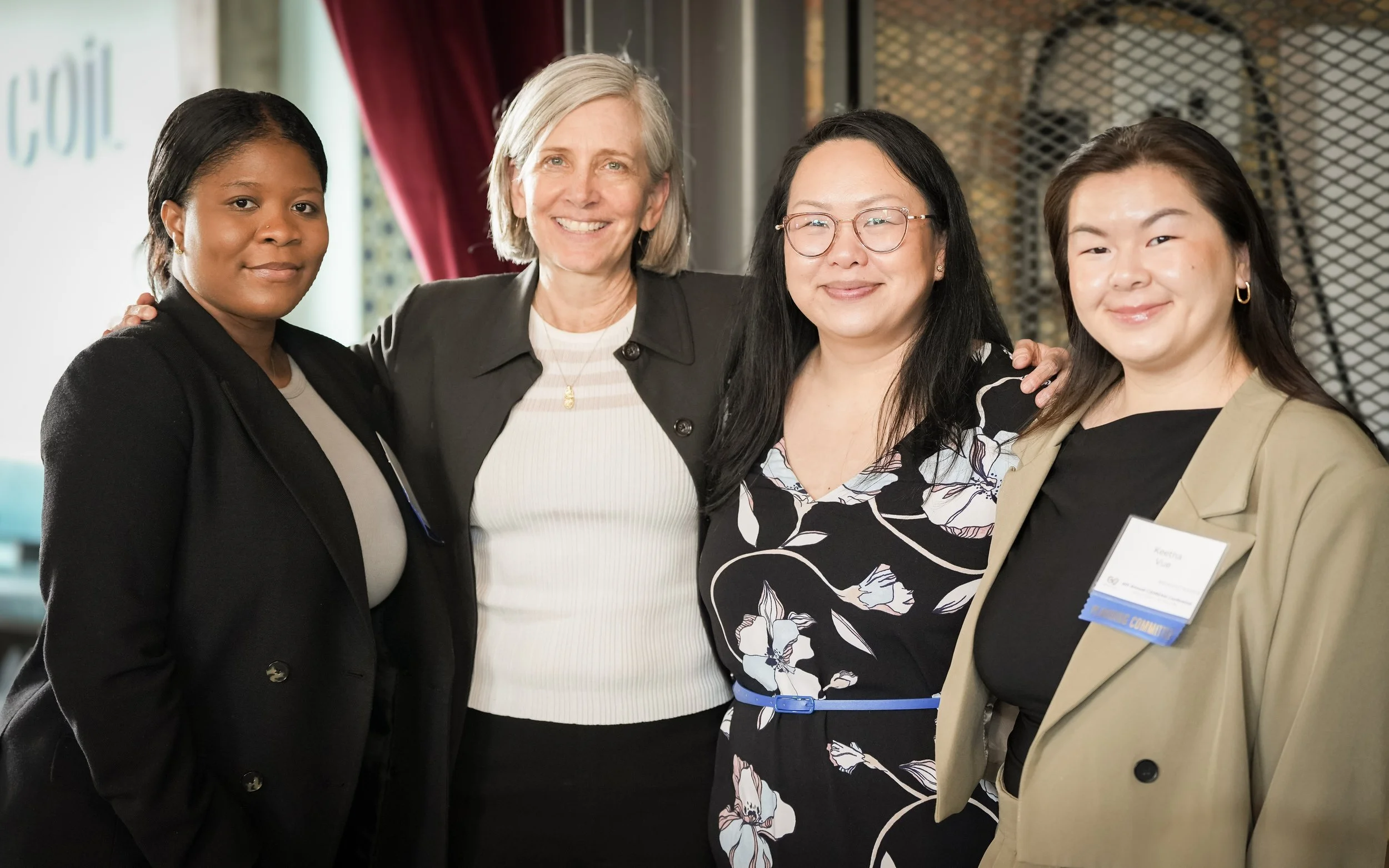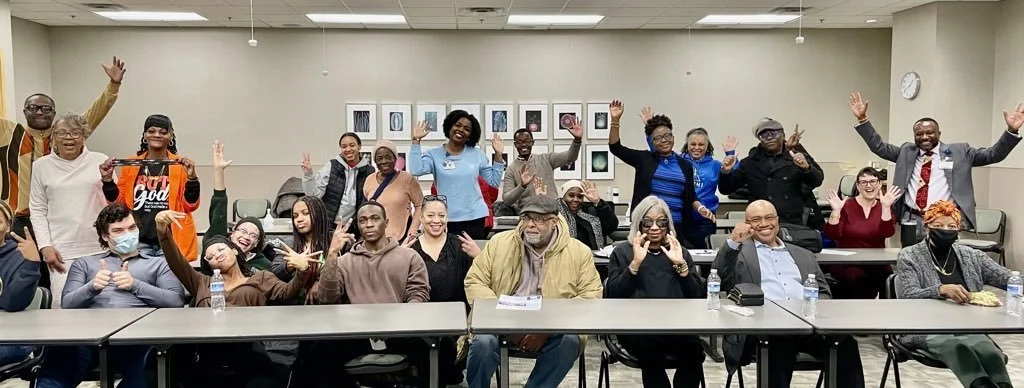
Working
Together.
Our work seeks to reduce differences in cardiovascular diseases (CVD) and the related chronic conditions (RCC) of hypertension and obesity experienced by people across Minnesota.
Investigating for our communities together.
Our research faculty and staff are located at the University of Minnesota, Mayo Clinic, and Hennepin Healthcare. We make sure to work with and within our local communities in the Twin Cities, Duluth, and Rochester.
COREs
Administrative
The C2DREAM Administrative (AD) Core provides a strong, administrative, and communications infrastructure.
Investigator Development
The Investigator Development (ID) Core has two primary goals: supporting high-impact research through a Pilot Grant Program and preparing the next generation of investigators through Support and TrAining for Research Success (STARS) programming.
Community Engagement
The Community Engagement (CE) Core’s overarching goal is to support C2DREAM's activities by building the strong foundation of partnership and collaboration needed to meaningfully address the drivers of chronic disease risk and outcomes across the people of Minnesota.
Projects
Project 1
HIC
Project 2
A Pragmatic Trial of Chronic Disease Approaches To Ameliorate Tobacco Related Cardiovascular Disease
Project 3
BRAID: Urban American Indian Youth Cardiovascular Disease Prevention: Implementation of Culturally-Tailored Evidence-Based After School and Home Visitation Programs for Healthy Eating and Physical Activity
Project 4
PASCAL: Feasibility of Using a Conversational Agent for promoting smoking cessation treatment utilization
Project 5
TECHQUITY BY FAITH!
Pilot Grants
The C2DREAM mentored research project Pilot Grant Program offers valuable support to post-doctoral fellows and early-stage investigators, empowering them to address cardiovascular diseases and related chronic conditions among the people of Minnesota while obtaining essential preliminary data for independent grant applications to funding organizations like the NIH.










